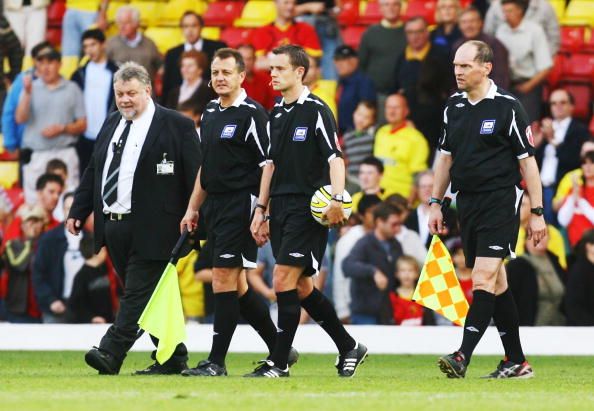Templeton
First Team Squad
So French football copied the tried and tested method that Rugby Union have used for years, where they referee and VAR watch and go through the incident together and discuss what each is seeing. The only difference being in Rugby Union they use the stadium big screen rather than a pitch side monitor. I don't think anything shows the arrogance of the PGMOL and Premier League more than their ignorance to learn anything from sports that have been using these types of system for years.What I do not understand is the way VAR is implanted in the Premier league.
In France the moment that a VAR call is made, the referee runs to the pitch side monitor and discusses the incident with the VAR officials while watching the video and a decision is made.
In our system the referee stands in the on the pitch and waits for the VAR officials to tell him what to do, and only calls him to the monitor to change his decision.

